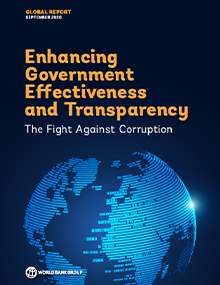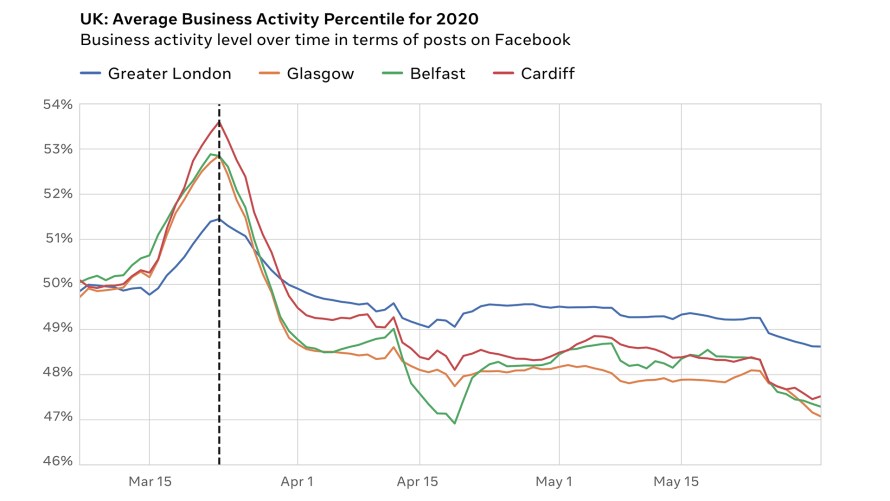Richard Thaler at the New York Times: “The good news is that safe and effective vaccines from Moderna and Pfizer appear to be on the way soon and that more are likely to follow.
The bad news is an usual combination: There won’t be enough vaccine on hand to meet initial demand, yet there is also a need to urge everyone to get shots.
I have some suggestions: An unusual type of charity auction, a bit of technology and a few nudges can help….
Economic theory offers a standard method for dealing with shortages. It is, basically: Let markets work. This would mean that those willing to pay the most would get the vaccine first.
Wisely, policymakers are not following this course. Nurses, other frontline workers and most nursing home residents could not win a bidding battle with billionaires. And, to be clear, they should not have to!
Yet there is a small but useful role that prices might play in determining who gets priority in the second round of vaccines, after the first 20 million people have gotten their shots.
At that point, perhaps sometime early this winter, suppose a small proportion of doses are sold in what would amount to a charity auction.
Who might be the winning bidders? Very wealthy individuals and high-tech companies are likely to account for some of the demand, along with businesses that employ high-profile talent like professional athletes and entertainers.
Just imagine how much the National Basketball Association, whose season will start around Christmas, would be willing to pay to ensure that none of its players or staff would be infected! The same goes for Hollywood studios and television production companies that are eager to go back to work.
The prospect of selling off precious vaccine to celebrity athletes and entertainers, hedge fund magnates and high-tech billionaires may strike you as utterly immoral, exacerbating the inequality this disease has already inflicted. But before you dismiss this idea as outrageous, let me make three points.
First, the very purpose of the charity auction would be to redistribute money from the rich to the poor….(More)”.


